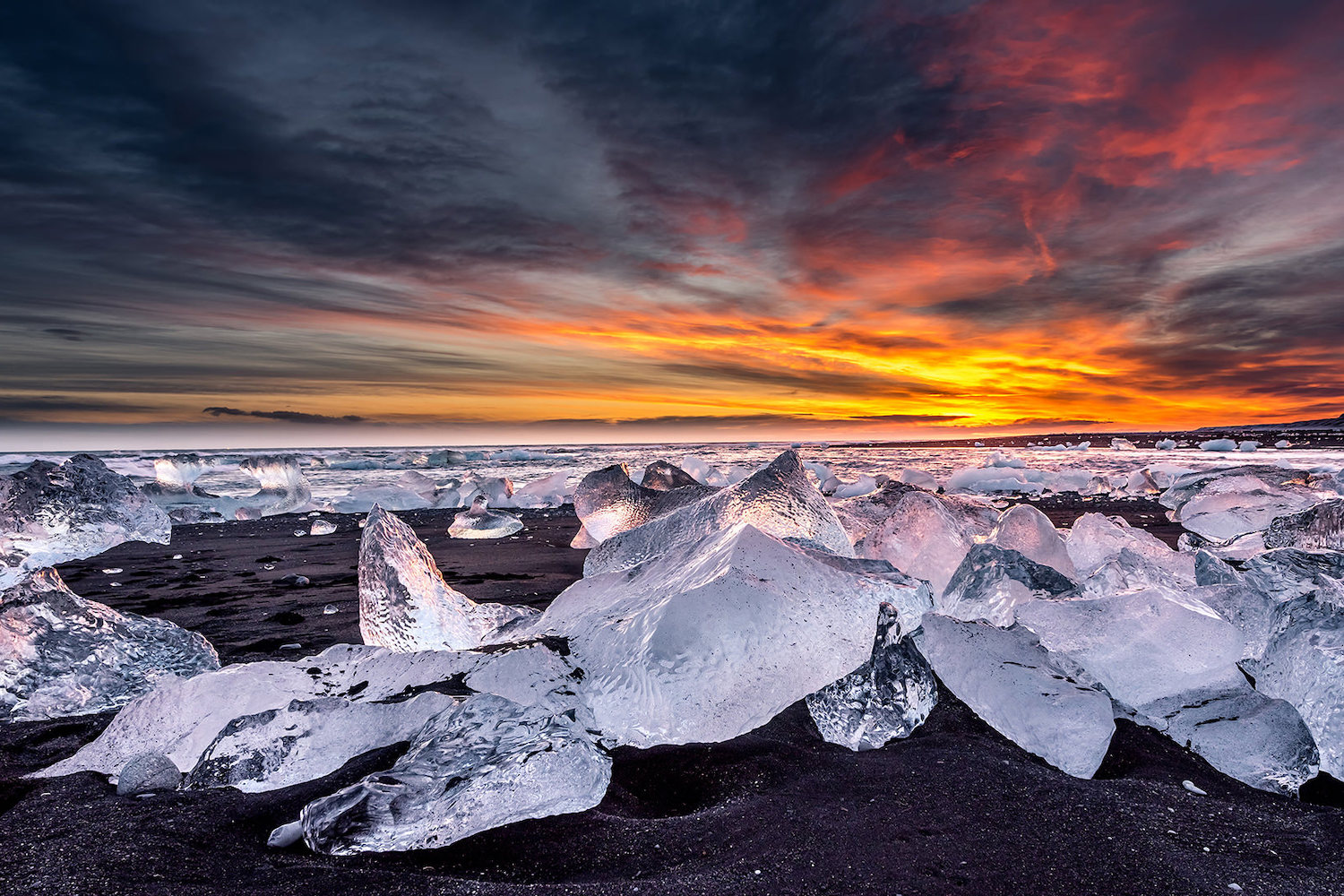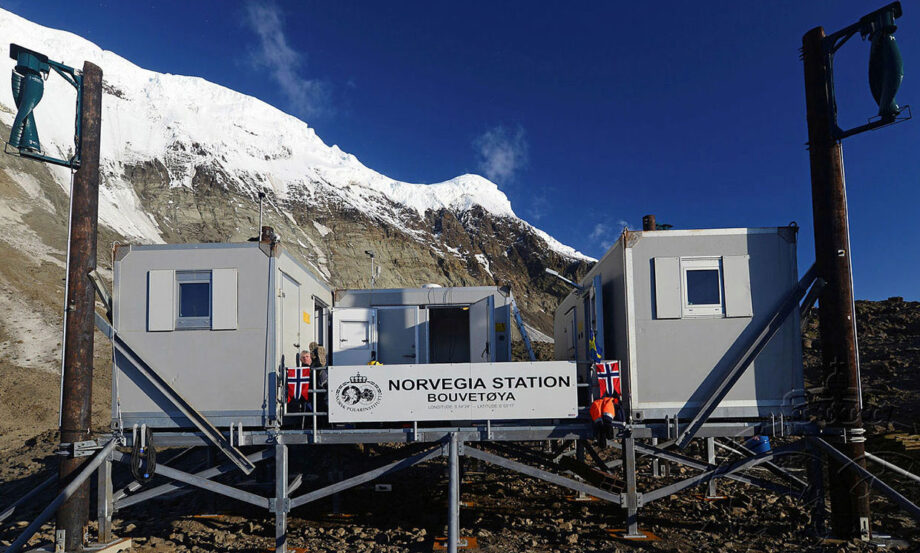
Tax havens exist around the world, and are somewhat of a dirty, open secret.
Some are simply normal countries who have extremely low (or even 0%) corporate or personal income tax rates, such as Ireland, Switzerland or The Netherlands. Some are tiny countries or dependencies that virtually only exist because of their generous tax laws, such as the British Virgin Islands or Niue, many of which are oddball little overseas territories of sovereign states. Some of these places have more companies or tax residents listed there than actual people.
But recent Australian Taxation Office data suggests there’s one far-flung colonial outpost that’s really taking the mickey. Bouvet Island, an uninhabited Norwegian territory in Antarctica that’s perhaps best known as the setting for the 2004 sci-fi film Alien vs. Predator, is apparently a little Australian tax haven, with almost $2.5 million in Australian bank accounts belonging to foreign tax residents allegedly from Bouvet Island.
“The ATO data raises serious red flags, such as account holders from an uninhabited island holding millions of dollars in Australia,” the Tax Justice Network Australia spokesperson told ABC News, who has also pointed out that other uninhabited islands such as Heard Island and the McDonald Islands, also boast bank accounts registered to ‘residents’ worth hundreds of thousands of dollars.

So what’s the big deal here? Are these actual tax havens, or is this a scam? The ATO offers a more demure explanation for why this might be happening: people or banks literally just fat-fingering tax returns.
“Our compliance activities have confirmed jurisdictions such as Antarctica are sometimes reported by mistake… For example, a customer or frontline employee from a financial institution might select Antarctica instead of Australia from a drop-down box when opening an account,” the tax office relates. So less of a tax haven, and more of a logistical nightmare.
RELATED: Australians With Pandemic Side-Hustles Warned Of Imminent ‘Tax Crackdown’
Bouvet Island does have one as-of-yet untapped resource, however: its completely unused top-level Internet domain, .bv. As the Internet has matured, it’s become common practice for countries to generate serious income lending out their top-level domains for vanity URLs.
“The Pacific island nation of Tuvalu was one of the first countries to recognize the value in its country code (.tv), and opened up its top-level domain for general use in 1998. Today, nearly 10 percent of the Tuvalu government’s revenue comes from the money spent on registering .tv addresses,” IEEE Spectrum relates.
.bv isn’t quite as catchy, mind you… But we’d rather see little Internet quirks than tax evasion.
Read Next
- 26.4% Of Australian Crypto Investors Hold This Sustainable Coin, Study Finds
- Forget Melbourne: This Coastal Spot Is Victoria’s Next Top Property Market
The post Uninhabited Antarctic Island An ‘Australian Tax Haven’, Data Reveals appeared first on DMARGE.

0 Commentaires